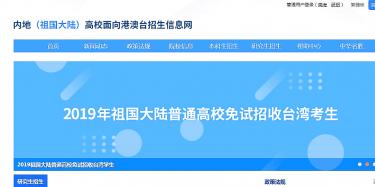Democratic Progressive Party (DPP) Legislator Lee Chun-yi (李俊俋) yesterday pledged to propose an “anti-united front act” based on US legislation to counteract “severe undermining of Taiwanese democratic values” by Chinese “united front” tactics.
Beijing’s tactics include actions such as purchasing Taiwanese produce, promoting travel to counties and cities governed by the Chinese Nationalist Party (KMT) and hosting Kaohsiung Mayor Han Kuo-yu’s (韓國瑜) visit to China last month, Lee said.
The world has recognized the threat of Chinese infiltration, he said, calling on the nation to face the issue.
Other nations have enacted legislation to prevent infiltration via finance and media, Lee said.
“As the main target of Chinese infiltration and aggression, it is necessary to establish legislation to counter China’s ‘Anti-Secession’ Law,” Lee said.
Lee said his proposed act would focus on newer “united front” tactics that utilize media and commerce, while allowing extant laws to continue to govern their respective jurisdictions.
Lee said he is still drafting the bill and would reference US legislation, adding that the main difficulty would be defining what constitutes “united front” tactics, while observing the freedoms of speech and movement.
For politicians, short of declaring support for the “one country, two systems” concept, the freedom of speech should be respected, Lee said.
The lawmaker said he envisages creating a cross-agency task force to enforce the law, as the Mainland Affairs Council (MAC) and the National Communications Commission have their own areas of governance.
The National Security Bureau would be best suited for the duty, but it could not answer directly to the Legislative Yuan due to the nature of its responsibilities, Lee added.
In related news, China’s Fujian Province has completed preliminary studies on how to provide power to Kinmen and Lienchang counties, as well as water to Matsu, China’s Taiwan Affairs Office said.
Efforts to provide Kinmen and Lienchang counties with natural gas and the construction of bridges linking the islands to China’s Fujian are being mulled, it added.
Kinmen County Commissioner Liu Tseng-ying (劉增應) on March 20 said that he hoped the 2km bridge between the Huangqi Peninsula and Donggu Atoll (東古礁) would be prioritized.
The MAC has said that the bridge must be assessed and approved by the central government.
China’s policy of the “new four links” — water, electricity, natural gas and bridges — is geared to bring the residents of Kinmen and Matsu over to its side while pressuring the DPP administration, National Sun Yat-sen University professor Lin Wen-cheng (林文程) said.
From Beijing’s perspective, due to the counties’ locations and unique statuses, it could be easier for “united front” tactics to work there than in other counties and cities in Taiwan, Lin said.
Source: Taipei Times - 2019/04/07





















